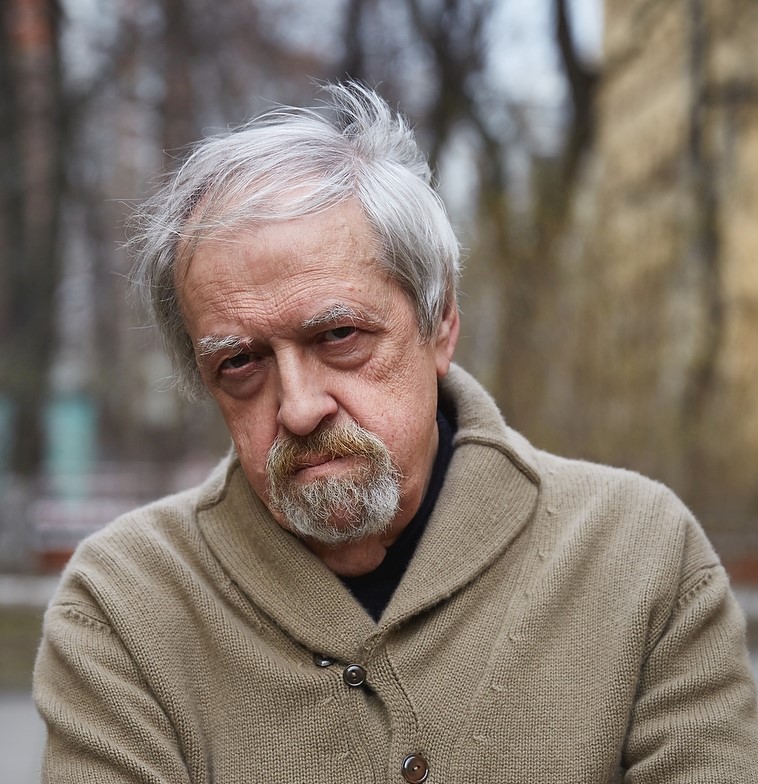The present work aims at explaining the phenomenon of the gift of speech described by Ignatius Loyola in the “Spiritual Diary” from May 11 to May 24, 1544. It clarifies both the reasons for its appearance and the mechanisms of its work and typology, focusing attention on the problem of dividing the speech into internal and external ones, which was not considered before by the author of the “Spiritual Diary”. For this purpose, the study addresses the mechanisms of internal speech and the related phenomenon of auditory verbal hallucinations as a failure in the self-determination of consciousness in the work of internal speech, which in modern psychiatry can be considered as the norm in certain cultural contexts. Through the prism of this knowledge, the paper analyses the events preceding the writing of the Spiritual Diary, which happened to Loyola in La Storta Chapel, noting in these visions the combination of both visual and auditory acts of perception in the context of inner speech as a dialogue of consciousness with itself. The combination of visual and auditory components in La Storta’s vision, together with Ignatius’ indication in the “Spiritual Diary” of the presence or absence of “visits” to tears, allows us to draw qualitative conclusions about the difference, not clarified by the author of the text himself, between external and internal speech as different forms of perception and understanding of the incoming information, perceived as a divine gift on the way from understanding the nature of the idea of God’s unity in three faces to its deep emotional and intellectual experience.
Keywords: Ignatius of Loyola, Spiritual Diary, inner speech, dialogue, auditory verbal hallucinations, inner and outer speech
DOI: 10.22250/2072-8662.2021.1.107-114
About the authors
 |
Nikolay L. Muskhelishvili – DSc (Psychology), Professor at Educational and Research Centre of Religious Studies, |
 |
Andrey K. Antonenko – Master in Religious Studies, Postgraduate student at Educational and Research Centre of Religious Studies, Russian State University for the Humanities; |






